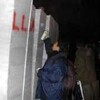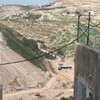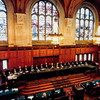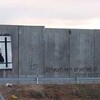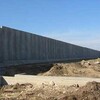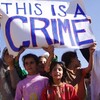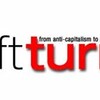
Left Turn magazine interviews Nigel Parry about EI 3.0
24 February 2004
The Electronic Intifada (EI) website, has become the place to go on the internet to find out what’s really happening in the Israeli-Palestinian conflict. A quarter of a million people visit the site a month. In January 2004, the EI team revamped the website and launced Version 3.0. Rami El-Amine from Left Turn spoke to Nigel Parry, one of the founders and designers of the Electronic Intifada, about the new site and its incredible success over the past three years. Read more about Left Turn magazine interviews Nigel Parry about EI 3.0


